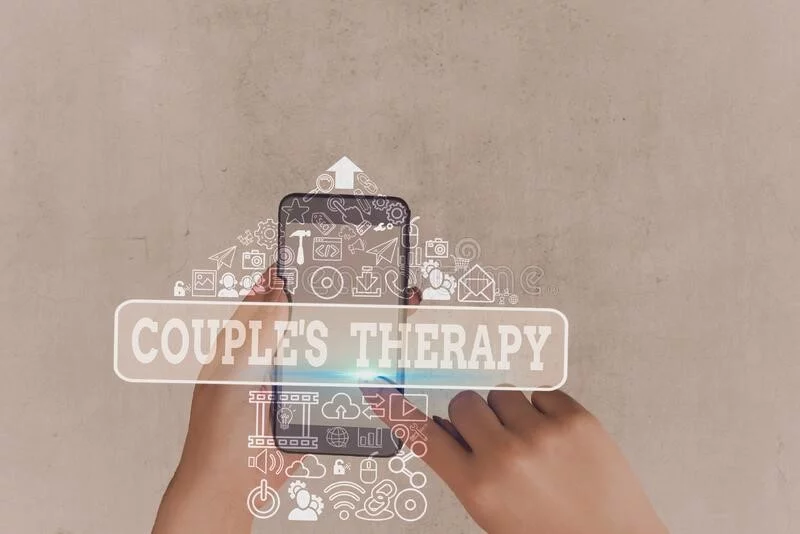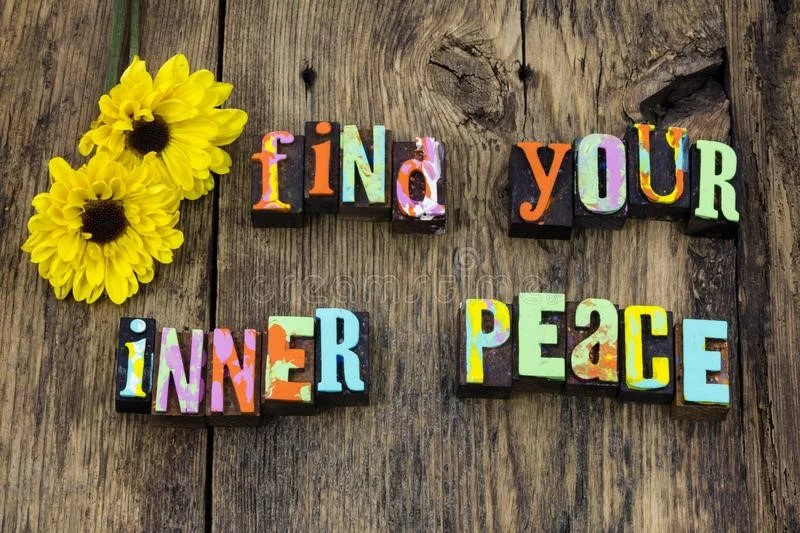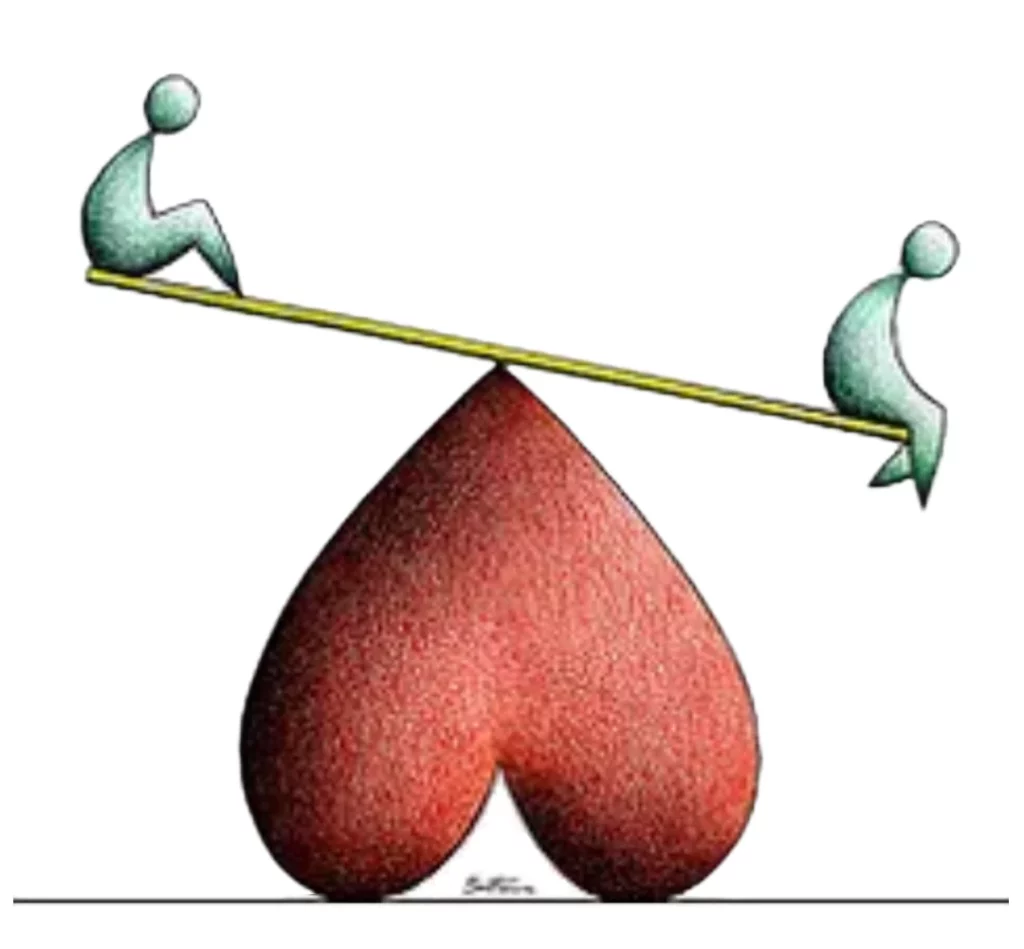Considering Divorce What to Know Before you Consider Hiring a Divorce Lawyer, Here’s What you Should Know.
Very often, I hear from my clients they are considering divorce but cannot explain to me or themselves exactly why. They are unable to find words they consider accurate to express their desire to dissolve their marriage. Their spouse has not cheated on them, become violent or otherwise violated any of the tenets of matrimony.
They describe in vague terms a feeling of lack of support from their partner, and their partner’s disinterest in their overall well-being. There are glaring inconsistencies in the words versus the actions of their partner.
Confusion in the relationship is the norm, and communication is at ground zero. They often express feeling guilty for wanting out of a marriage that has no “obvious” flaws. Yet, they understand on a very deep level that they want and need out in order to be happy and healthy within themselves and with life in general.
This is far more common than you’d think. You are not wrong or being over-demanding when you know something is amiss in your marriage that makes you unhappy, even though it is difficult to put your finger on enough to describe.
And It does not help if you have tried to communicate about it with your spouse, and they minimalized or denied there is anything at all amiss with their behavior. Or worse, accused you of being the problem.
I call this phenomenon the Hot and Cold Spouse. When dealing with one, there is an expression I have found to be accurate: when they’re hot, they are being manipulative. When they’re cold, they are being themselves.

Here are some things to know in considering divorce in reaching the decision of whether to stay or go:
1. There is an underlying medical or psychological reason for the volatility.
If your spouse suffers from a medical condition, alcohol or substance dependency, co-dependency, narcissism, border-line personality disorder or a form of depression, his or her behavior in your relationship could easily manifest as hot and cold.
If these root causes are addressed and adequately treated with counseling and therapy, there is always the possibility the hot and cold behavior will dissipate to a lesser degree or even completely.
Getting your spouse to get the treatment they need is a tricky business, however. Like asking if a leopard can change its spots, the answer is no. Not unless he wants his spots changed.
The first step in this process is for the hot and cold spouse to recognize and acknowledge that room for growth and change exists, and that they are willing to step out of a harmful pattern.
As a divorce attorney I do not advocate ultimatums generally, in this scenario if the hot and cold spouse realizes the alternative is being left or divorced, their reaction is a good barometer for you to make the decision of what is best for you going forward.
2. You and your spouse are not aligned.
Let’s face it. We are human beings and as such, are all looking to grow whether we consciously realize it or not. I personally believe we came into being to do just that – expand our self-awareness, heal our buried psychological wounds, develop into our highest selves.
Anything that prevents this process causes spiritual set-backs; blocks in personal fulfillment; feelings of discontent and stagnation; and over-all misalignment with our growth path. This is particularly important with our most intimate involvements with other souls, those closest to us physically and emotionally.
In most marriages and domestic partnerships, your spouse or partner (and of course your children) is the energy you come into contact with far more frequently than other family, friends, colleagues and acquaintances.
If you are in a constant state of confusion due to the inconsistencies in the behavior of your spouse, it could mean that the growth path you once both shared simply no longer exists.
If you are struggling to find any meaningful common ground with your spouse and experience a constant vague feeling of being stultified, it is important to listen to your inner-self for guidance.
3. The dynamics of your marriage have changed.
Before you consider throwing in the towel, assess whether there have been any major or dramatic changes in your married life or partnership.
Has a new baby come into your lives? Have your children grown up and moved out of your home? Has there been a death or illness of a close family member? Have either of you recently suffered a physical illness or emotional crisis?
Life-changing events such as these utterly re-configure your marital dynamics, in which case re-assessing them and reconnecting with each other is likely the best solution.
The closest romantic relationships I am aware of have sustained times of trauma. The spouses that chose to work through life’s difficulties together have the strongest bonds and level of trust with each other.
When you are dealing with your unhappiness due to the inconsistent, hot and cold behavior of your spouse, it is extremely important to remember that you are not the cause of this behavior. The services of an experienced couples’ counselor or individual counselor is invaluable and will give you far greater insight into how you should move forward.

What can a marriage and divorce counselor do for you?
There are many therapists in central Florida who specialize in divorce and marital counseling. If you check our local collaborative family law in Orlando, called the Collaborative Family Law Group of Central Florida, you will find an entire directory of family therapists whose area of practice is focused strictly on helping you and your spouse.
And if they cannot, they can give you a qualified opinion whether it is best to divorce, then support you through it.
These dedicated professionals are committed to helping you and your spouse get to the bottom of what is eroding your marriage, without placing blame or judgment. Further, they can provide you the tools you both need to heal and grow from the negative patterns that have taken root in your marriage over time.
I am a huge fan of John M. Gottman, Ph.D., the world-renowned marital and divorce counselor. In his best-selling book The Seven Principles for Making Marriage Work, he describes “marital masters” as “folks who are so good at handling conflict that they make marital squabbles look like fun.” [1]
If you having a nagging feeling your partner’s hot and cold behavior may be due to infidelity, take a look at my article, 5 Reasons Cheating Might Not Be the Death of Your Marriage.
Gottman has published groundbreaking studies demonstrating measurable differences between couples whose marriages were happy and those headed for misery and/or divorce.
In his book The Relationship Cure, he writes: “It’s not that these couples don’t get mad or disagree. It’s that when they disagree, they’re able to stay connected and engaged with each other. Rather than becoming defensive and hurtful, they pepper their disputes with flashes of affection, intense interest, and mutual respect.” [2]
7 tips to help deal with differences between you and your partner (quoted from John M. Gottman PH.D.):
- Create a relaxed atmosphere and spend time with your partner on a regular basis so you can communicate about your desires and objectives.
- Don’t give up personal goals and the things you love to do such as hobbies or interests. This will only breed resentment.
- Support one another’s passions. Accept that you won’t always share the same interests. Respect your partner’s need for space if they want to go on a vacation without you, etc.
- Learn to resolve conflicts skillfully. Don’t put aside resentments that can destroy a relationship. Couples who try to avoid conflict are at risk of developing stagnant relationships, which can put them at high risk for divorce.
- Establish an open-ended dialogue. Listen to your partner’s requests and ask for clarification on points that are unclear. Avoid threats and saying things you’ll regret later.
- Avoid the “blame game.” Take responsibility for your part in the problems and accept that all human beings are flawed in some way. The next time you feel upset with your partner, check out what’s going on inside yourself and pause and reflect before you place the blame on them.
- Be realistic about a time-line for change. It takes more than a few sessions to shed light on the dynamics and to begin the process of change.[3]
*Courtesy of John Gottman PH.D.
Before you call me:
I know when my clients describe they are feeling with a hot and cold spouse it is very real and valid. There are few things worse than feeling unsupported, uncared for, and unheard by the person you chose to walk with through life. It does not matter if you cannot put it into words, you are the best barometer of your personal happiness. And no, you are not being over-demanding.
If you are experiencing any of the feelings described here, be sure to seek professional counseling before you seek legal counseling in order to separate your feelings from the larger decision to go through a divorce.

If you have questions about this article or would like to speak with me, please call using the button below (on mobile) or email me here
Citations:
- John M. Gottman, Ph.D. The Seven Principles for Making Marriage Work
- John M. Gottman, PH.D. The Relationship Cure
- “Timing is Everything When it Comes to Marriage Counseling,” https://www.gottman.com/blog/timing-is-everything-when-it-comes-to-marriage-counseling/, Terry Gaspard, MSW, LICSW (July 23, 2015))
 Reviews
Reviews 
